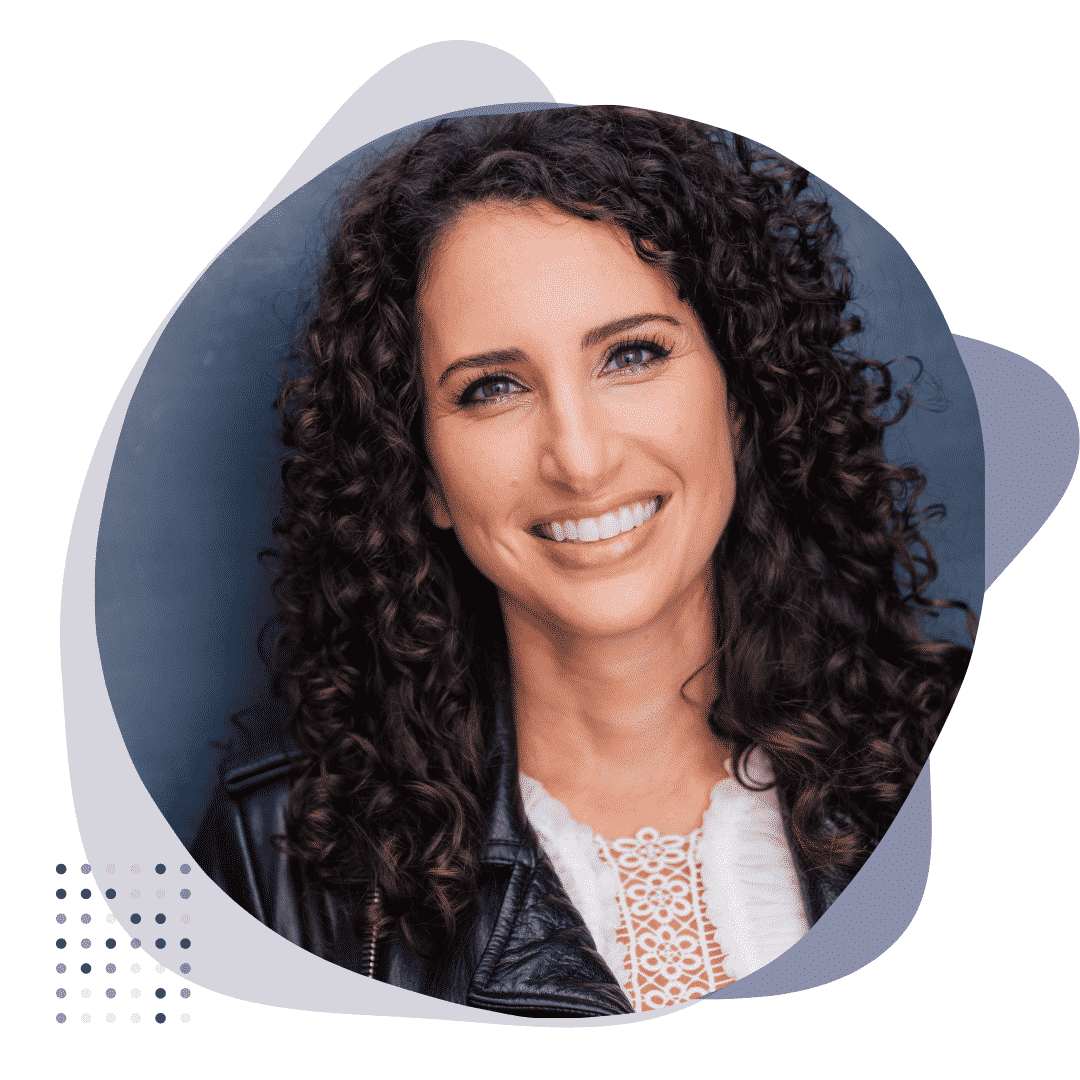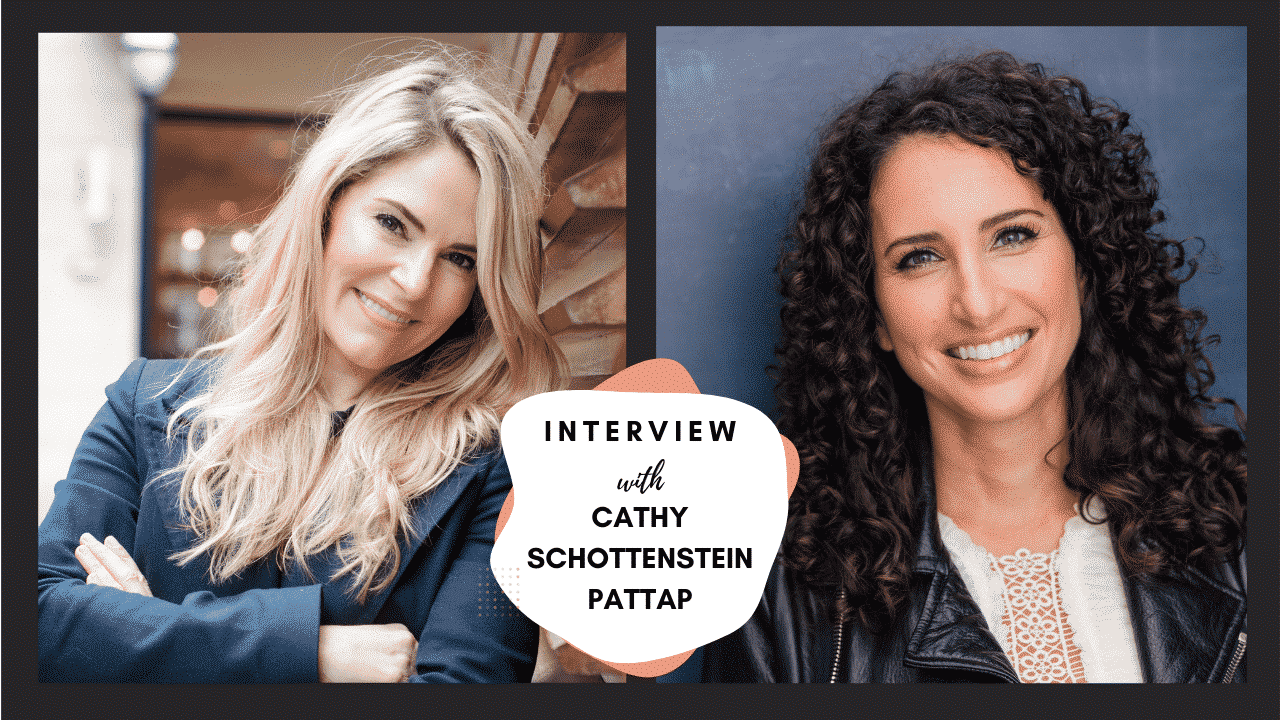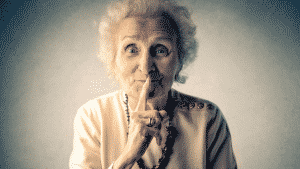Elder Financial Abuse by Family Members
At 93 years old, Beverley Schottenstein filed financial abuse charges against two of her grandsons, Evan Schottenstein and Avi Schottenstein, and JP Morgan. A ruling in February 2021, found the two grandsons and JP Morgan liable for abusing their fiduciary duty and making fraudulent misrepresentations. They also found the bank and Evan Schottenstein liable for elder abuse. It ordered JP Morgan and the grandsons to pay Beverley $19 million between them.
In this episode, I interview Cathy Schottenstein Pattap, one of Beverly Schottenstein’s granddaughters who took Beverly’s concerns seriously and testified on her behalf.
Here’s what you’ll discover in this episode:
- The Schottenstein family history of hard work, wealth, and the American dream.
- 95 year old, Beverley Schottenstein’s betrayal by her son, Bobby, and grandsons Evan and Avi, and the court case that found them and JP Morgan guilty of elder financial abuse.
- Ways in which ageism and sexism played a role in Beverley Schottenstein’s pursuit of justice.
- The difficult but important task of standing up for oneself in the face of abuse and exploitation.
Learn More About The Schottenstein Family Financial Abuse Case
- At 93, She Waged War on JPMorgan—and Her Own Grandsons – article by Tom Schoenberg, Bloomberg Wealth
-
At 93, She Waged War on JPMorgan and Her Grandsons- Video by Bloomberg

About Cathy Schottenstein Pattap
Cathy Schottenstein Pattap is a writer and English teacher originally from Columbus, Ohio. She has a B.A. in English from Emory University and an M.A. in English from New York University. Her articles have appeared in Bloomberg Businessweek magazine, and she has worked the writing desk at CNN. Cathy currently resides in New Jersey with her husband and two sons. With the conclusion of her grandmother Beverley Schottenstein’s trial–one that has been heavily covered by the media–as well as the soon-to-be announced publication date of her book, the riveting memoir Twisted: Conflict, Madness, and the Redemptive Power of a Granddaughter’s Love, Cathy will be available to address a wide range of fascinating related topics as outlined on her website cathyschottenstein.com.
Facts About Elder Financial Abuse & Exploitation
- Financial abuse is defined as the illegal or improper use of an elder’s funds, property, or assets including, but not limited to misusing or stealing an older person’s money or possessions, coercing or deceiving an older person into signing any document (e.g., contracts or will), and the improper use of conservatorship, guardianship, or power of attorney (Phelan, 2020).
- The National Center on Elder Abuse notes that between 6.8% and 11.7% of older adults experience financial abuse or exploitation. Most experts agree that this is an under representation of “actual” prevalence of financial exploitation due to elder abuse and neglect incidents often going unreported.
- Perpetrators of elder financial abuse are most likely to be family members (54%; not including partners) compared to 31% being care workers, and 13% being partners (Jackson, 2016)
Learn More About Elder Financial Exploitation & Helpful Resources
- National Center on Elder Abuse
- CFPB Office of Financial Protection for Older Americans
- Elder Financial Protection Network
- Federal Trade Commission Scam Alerts
- OlderAdultNestEgg.com
Where to Report Elder Abuse
If you suspect abuse, you can do something about it. First, recognize the signs. It can be painful, but don’t ignore the signs. Instead, acknowledge the signs, then report the situation so it can be investigated. Here’s how:
- For imminent risk or harm, call 911
- File a report with the Division of Aging Services’ Adult Protective Services at 1-866-552-4464
- For older adults in Assisted Living, Senior Living, Personal Care Homes, Nursing Homes, etc, the DCH Health Care Facilities Regulation at 1-800-878-6442
- Long-Term Care Ombudsman
- Find your local Ombudsman by calling your local Area Agency on Aging.
- Call the Office of State Long-Term Care Ombudsman 1-866-552-4464
Related Elder Abuse Episodes:
- Elder Abuse and Elder Abuse Reporting Resources
- Elder Financial Abuse by Family Members: Schottenstein Family Story
- Preventing Elder Financial Abuse & Exploitation
- Legal Justice for Seniors: Ending Elder Abuse, Neglect, and Financial Exploitation
References:
- National Center on Elder Abuse, Research, Statistics, & Data, Retrieved on June 22, 2021 from: https://ncea.acl.gov/What-We-Do/Research/Statistics-and-Data.aspx
- Jackson, S. L. (2016). All elder abuse perpetrators are not alike: The heterogeneity of elder abuse perpetrators and implications for intervention. International journal of offender therapy and comparative criminology, 60(3), 265-285.
- Phelan, A. (2020). Financial Abuse of Older People. Advances in Elder Abuse Research, 101-119





